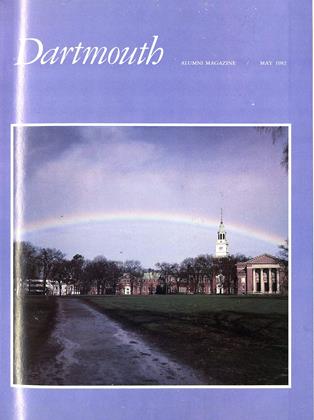The fact that law is usually articulated in terms of "general principles" does not make the principles immutable or convert law into a science like physics. The cases that Professor Bishop discusses stand primarily for the proposition that judges manipulate general principles to achieve correct, context-specific results. The foundation of law is not its own internal logic, but rather philosophy, history, sociology, and even science. Great thought in these fields provides the architectural structure of society; judges are merely plumbers who follow the design. When the design changes, the plumbing changes. Much of the time, the logic of the law is not logic at all but merely the appearance of logic. The true logic comes from elsewhere, particularly an understanding of institutions.
When principles of law, such as trial by jury or protection from search and seizure, cease to enhance overall ordered liberty and instead confound it, then these principles will either be changed outright or manipulated. Usually, for the occasional problem like a war that appears unlikely to endure, manipulation is the preferred judicial technique. It is not that law is "unprincipled" but only that the principles upon which law is founded do not come from law.
I agree, therefore, with Professor Bishop that if the time comes that we have a serious terrorism problem, the courts will support reasonable steps to counteract it. The Constitution of the United States, after all, is not a document but a tradition. This conclusion follows ineluctably from the fundamental principle of jurisprudence that no rule determines its own application. The fact that the courts have said the Bill of Rights protects civil rights and liberties today in some specific way does not dictate that when the specific means cease to secure the original end they will not quickly be supplanted with a difFerent system that works better. We must always keep our eyes upon the doughnut and not upon the hole.
Chief Justice West Virginia Supreme Court of Appeals
 View Full Issue
View Full Issue
More From This Issue
-
 Feature
FeatureWhat keeps them going? A 'Mystic Glue' Perhaps
May 1982 By Dana Cook Grossman -
 Feature
FeatureTerrorism and the Niceties of Justice
May 1982 By Joseph W. Bishop Jr. -
 Feature
FeatureImpacts simply positive
May 1982 -
 Article
ArticleIn the Wide, Wide World
May 1982 By Peter Smith -
 Class Notes
Class Notes1964
May 1982 By Alexander D. Varkas Jr. -
 Class Notes
Class Notes1954
May 1982 By John L. Gillespie







